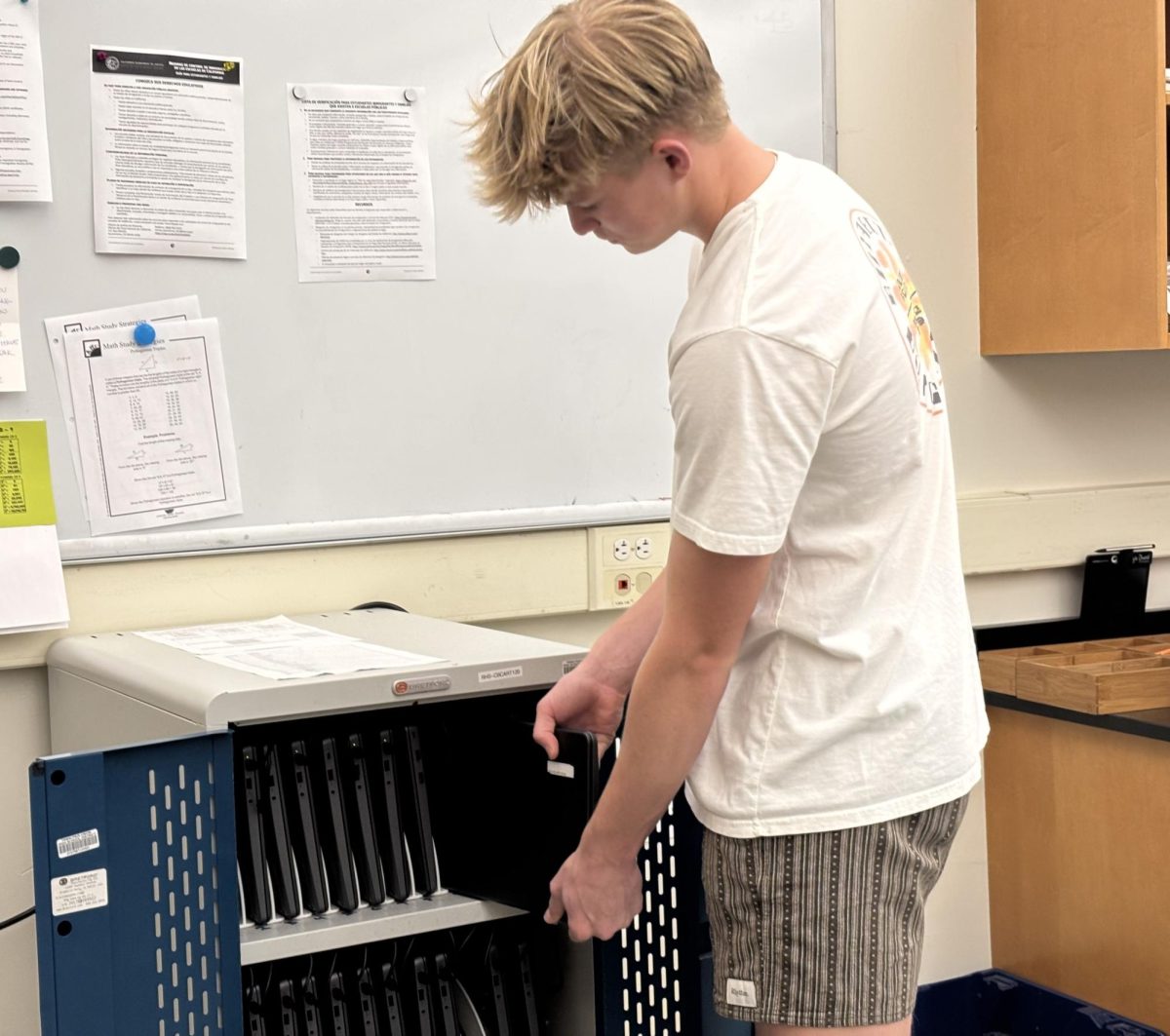On Nov. 12, the Tamalpais Union High School District (TUHSD) hosted “Drugs in the Age of Fentanyl,” a virtual webinar that walked parents and wellness staff through the risks and changing landscape of drug use. Given that fentanyl is now involved in 80 percent of youth drug deaths, according to the webinar, the presentation aimed to educate attendees about the dangers of fentanyl.
The Zoom was led by Ed Ternan, co-founder of the organization Song for Charlie, after losing his son to an accidental overdose from a counterfeit pill. What started as Ternan’s effort to raise awareness evolved into the goal of educating families about the deadly fentanyl crisis.
“One of the things we think is important is to take out the alarmism and hyperbole that characterized the previous ‘war on drugs’ and really be as honest with kids and families as possible,” Ternan said.
Ternan highlighted the increasing danger of drug use, emphasizing that while it was once seen as a journey where fentanyl might be sporadically encountered, it is now comparable to a minefield.

“[Today, drug use] is less like a pathway and more like a minefield, where your first, second or third adventure [into usage] might be your last,” Ternan said.
This is exceptionally true for fentanyl, which is 50 times more potent than heroin, meaning that even a tiny dosage has the potential to be fatal. To emphasize a potential solution, Ternan shared a clip from his 27-minute film, “The New Drug Talk,” where fentanyl overdose survivor Kyle Rochez highlighted the crucial way parents can break stigmas and take action.
“The best thing parents can do is to educate themselves about the dangers of drugs,” Rochez said. “Ask for support. People think asking for help is a weakness, but it is actually a strength.”

In TUHSD, increasing support and awareness has become integral to the curriculum, as this presentation was shared in freshman social issues classes earlier this year. In addition, Wellness Counselor Spencer DeWoody has emergency Narcan in the Wellness Center to increase student accessibility.
“We want [Narcan] to be as readily available to students as [it can be],” DeWoody said. “We want student accessibility; if [Narcan] is in students [backpacks] and they’re taking it to other places, we [definitely] want to promote that.”
In the future, the New Drug Talk program plans to expand; versions of the webinar are set to be released in 2025, with presentations tailored to address the unique needs of Black, Native American and Latinx communities to broaden the fight against fentanyl.







